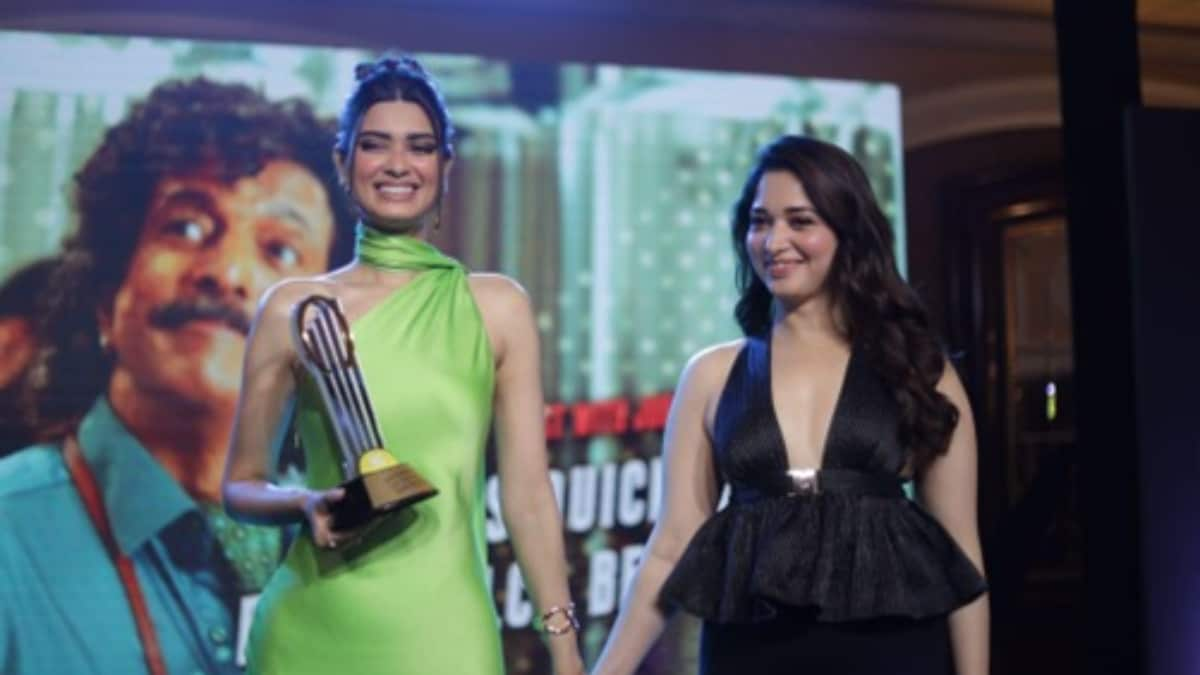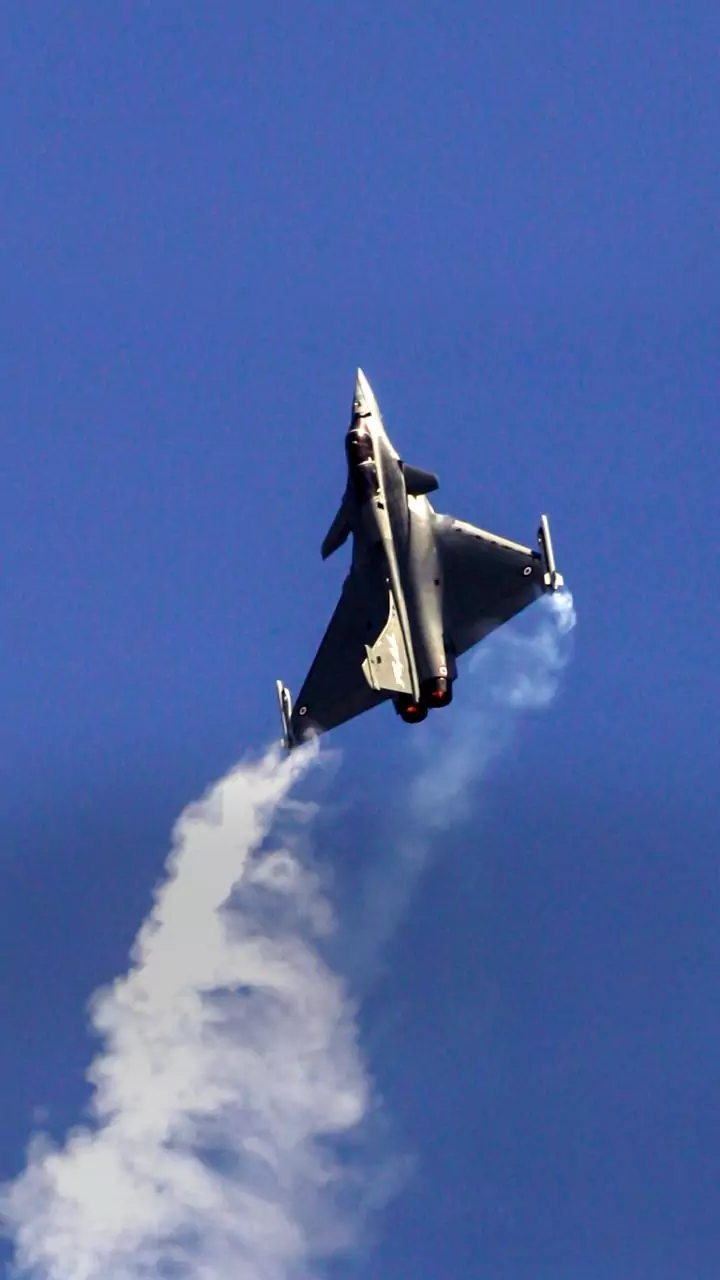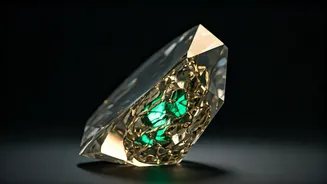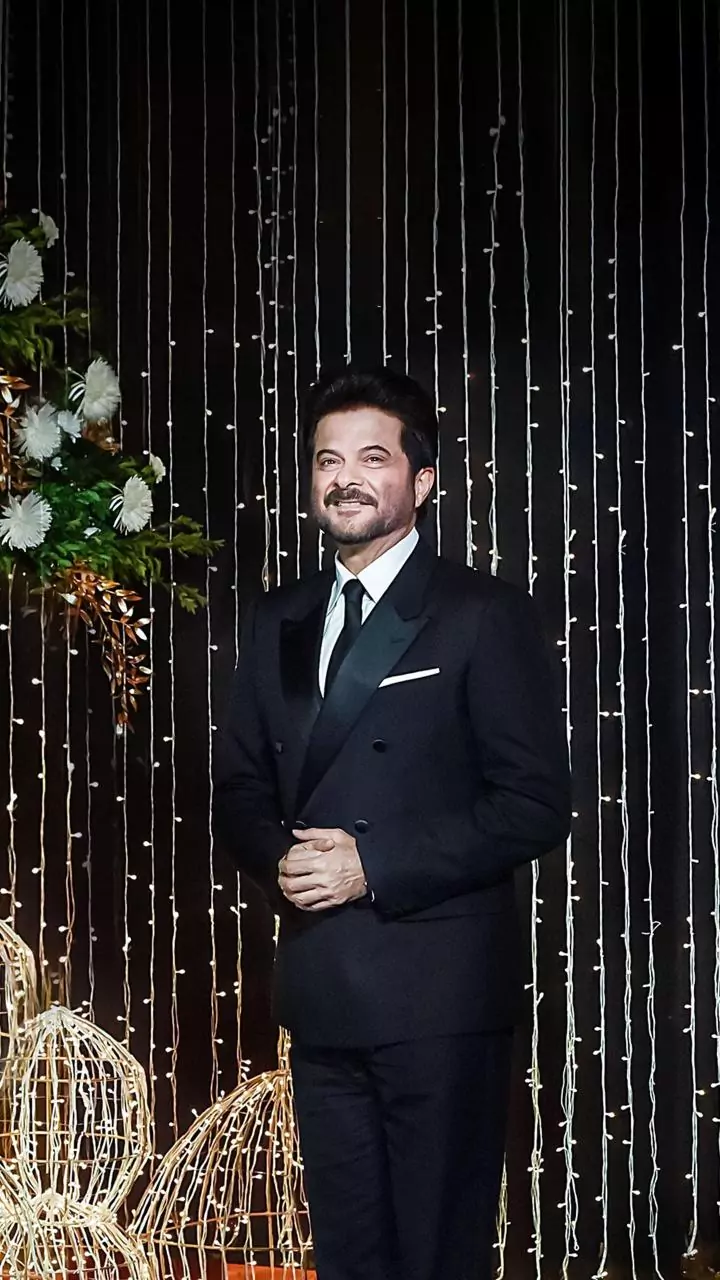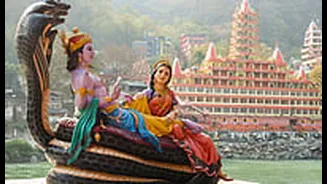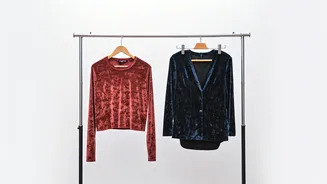In an exclusive interview with Firstpost, the leading ladies of the series talk about their collaboration for the show now streaming on Prime Video, the misogyny in the business world, and the historic success of pan-India films like Baahubali and Chhaava.
Edited excerpts from the interview
After watching the show, it feels like ultimately it's all about the numbers be it breaking news or beer or box-office. Why have numbers become so important?
Diana: It's all about business at the end of the day, it's about the business we do. A filmmaker is a businessman at the end of the day. Every actor is a brand is some form or the other and it matters how well you do. How active you are on Instagram or how many followers you have, all that seems to matter now. And if you are making beer, you got to be making money otherwise there's no point (Laughs).
Tamannaah: Numbers don't lie. It really puts into perspective of what really is. When a film does numbers, you know it has reached a certain audience. Even the filmmakers who make arty films want their films to make numbers.
Diana, one of my favourite scenes in the show is the one that involves an E bribe. You are clearly having fun with this lively character.
Archit told us once this is something he experienced once. A lot of the bits in the show were taken from real life experiences to make it as real as possible.
Tamannaah, after Jee Karda, this is another show where your character is at odds with the people around her and the relationships begin to fall apart. How would you describe the imperfections of Shikha?
I definitely think that I have played a woman that most of the people will not like. It has been my quest to play characters that are misunderstood and be okay to have failure in life because these characters are flawed, and they make mistakes more than once. But they still find ways and life is all about that. I think Jee Karda is a very different show, and Do You Wanna Partner is a completely different show. I definitely think the way female friendships have been tackled in this show, it’s a big novelty about the series. It’s very relatable in an urban set up because you and I have lived in cities.
But people living in rural areas will also relate to the show because of the kind of understanding that is there between the two women. I enjoy playing complex characters and I know that people are not going to like Shikha very much. She’s not somebody who is going to be liked a lot.
Diana: I beg to differ. Somebody who has seen the show, I must say that you have played Shikha very beautifully. The realness that you have brought to the character, a lot of people will be able to relate to it. What you are feeling is real, and a lot of people go through that emotion. We all have been there. It’s nice to bring that darker side on the screen.
A running gag about you being mistaken for a man due to a shrill voice is ingenious, its entertaining but it also exposes the misogyny and how the world is still male-dominated. Do you agree?
Tamannaah: But it happens. Bhumi Pednekar was giving some interviews recently as she has also dove into entrepreneurship. She recently revealed that people were okay to talk to her about the creative part of the process, but at the moment the conversation became about finance and maths, they were like ‘Let us know who we can talk to the man in the equation.’ It is assumed that women may not know too much about numbers. It is a general judgement but I have also seen too many women who are great founders and examples.
Diana: It’s a generalization. A lot of women have gone against that and showed it is very much possible. There are a lot of successful businesswomen out there. I don’t know why it is assumed that we are only good for doing Ghar ka kaam. The more we break the stereotype the better it will be.
You both have given two of the biggest hits of Indian cinema- Baahubali and Chhava. What contributed to their gigantic success?
Tamanaaah: Chhaava is a very nice movie. Every one is so good in it. I think we are in a time where people are looking for spectacle films and both the films do it right. Cinema is also about slow motion dramatization and evoking emotions and both the films do that really well.
Diana: A part of our history if told really well creates an emotion that people love to hold on to. I think that’s what these two films have done. Especially Chhaava because all these people actually lived. It was a story of our nations history and what we have been through. There was so much to learn from it, and films like these do well because they are very high on emotion.
